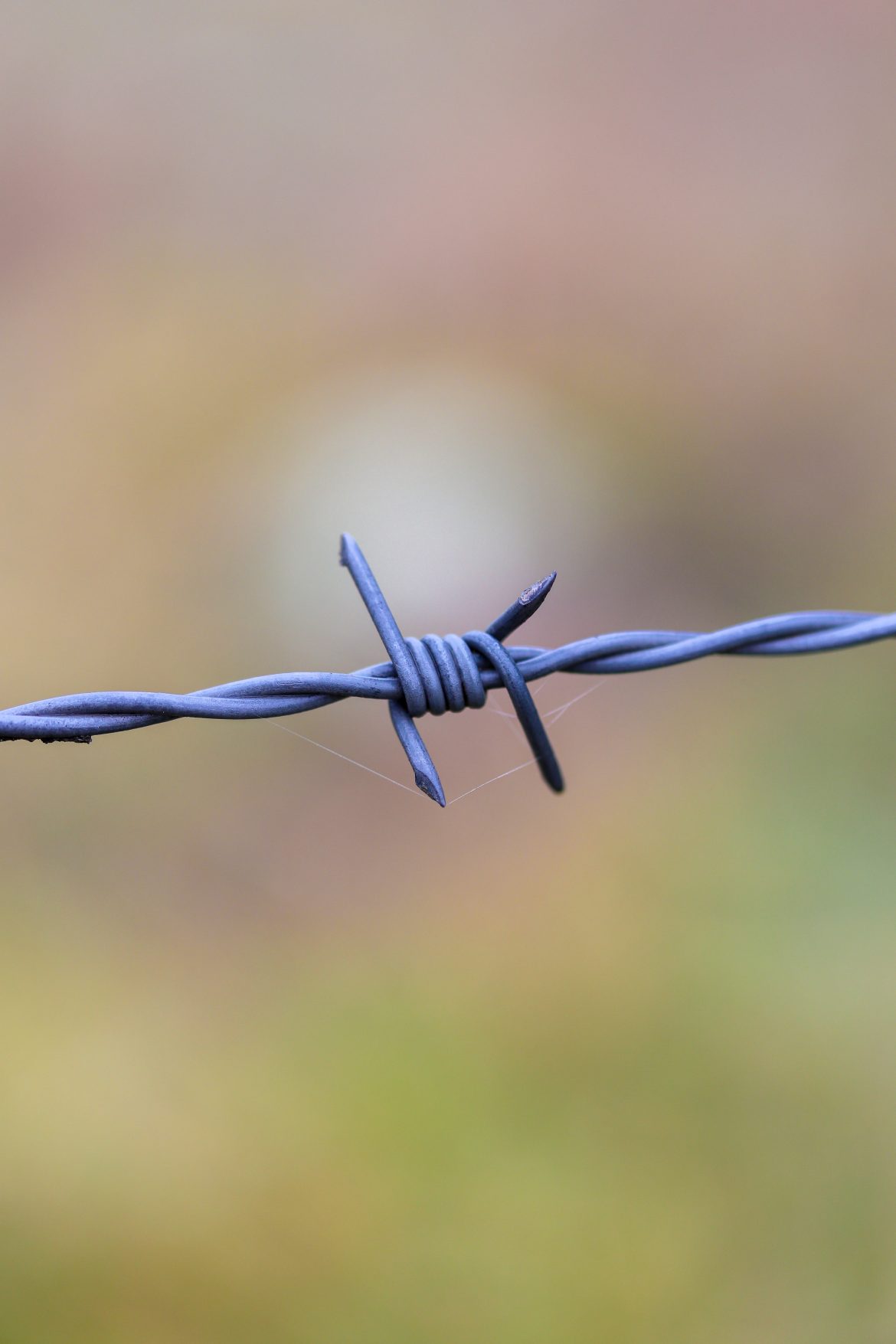By Jenny Gehman
reprinted with permission from Anabaptist World magazine
My mother wore a large safety pin on her shirt every day for four years — the years when Donald Trump was president of the United States. Believing his presidency served as a threat to those living on the margins, specifically to those in the disabled, BIPOC and LGBTQ communities, my sweet Mama wanted to communicate to them (and to all) that they would be safe in her presence. That she would do them no harm. Her safety pin served as a visible representation of this desire and commitment.
I recently gathered up the courage to ask my adult son how he thought other people felt in my presence. He replied with an immediacy that surprised me. Safe, he said, as if right on cue. His answer took my breath away and brought tears to my eyes. Of all the things he could have said! This was a gift and a grace.
I’m under no illusion that this is how it has always been or still is today on any consistent basis. I am all too aware that, in my presence, others have felt at times condemned, judged or, God forbid, belittled, shamed, insignificant or unacceptable.
Perhaps it would do me well to wear my mother’s safety pin, not so much as an outward sign to others but as a reminder to my own dear self to remain a safe space for others to land.
Over the years, I have come to believe that the center of hospitality, about which I am passionate, is not about the creation of delicious food, beautiful tables or spotless homes. It is about the creation of safety.
In hospitality, the helpful questions to ask are not so much, “What can I cook for dinner? or “How should I decorate my home?” but “What can I do to help you feel safe?” “What do you need in order to feel safe here, with me, with us?”
Have you noticed? It’s becoming harder to feel safe in this world of ours. Just yesterday a friend who recently returned to the U.S. after 20-plus years in Ireland relayed to me a rising panic she felt to get out of here and back to her European home. Back, she said, to a place where people don’t carry guns, where kids are not killed for knocking on doors or pulling into driveways or just plain going to school. Back to where going to the bank or the grocery store would not pose a threat to her life. I hear her loud and clear. The threats she feels are all too real.
So tell me, please, how do we welcome the stranger, those foreign to us in one way or another, when we feel threatened by them? The sad answer is: We cannot. When we feel threatened (and not just physically), we close ourselves off or arm ourselves up. We walk around in a defensive posture, and we shoot one another with bullets and blame. Our fear makes us unsafe for others.
One thing I struggle with about -Jesus is the way he seemed to have zero interest or investment in self- protection. It intrigues me, but mostly irks me. I’d rather not follow him there.
When we prioritize our own safety and security, we close our doors and lock them twice. We view others with suspicion. We keep our guard up and our weapons close. We are more concerned with keeping others out than welcoming them in. Not only in our personal lives or homes, but in our churches, communities, and countries.
We are strongly bordered and highly boundaried. Bumping up against barbed wire doesn’t feel very welcoming to those coming our way.
Extending hospitality is not always a neat affair in a tidy, controlled environment. Not everyone is easy to welcome. Hospitality is always holy but sometimes hard.
Who, because of their ideologies or identities, feels like a threat to us? To whom are our minds, hearts, churches or communities closed? Who are those bumping up against our barbed wire, and what are we going to do about them? For them? Whose safety will be paramount, ours or theirs?
“Welcome one another, therefore,” the Apostle Paul said, “just as Christ has welcomed you” (Romans 15:7, NRSV).
How do others feel in our presence? What can we do to help them feel safe?
 Looking for hospitality inspiration? We have an entire resource page dedicated to hospitality. Find recipes and reflections on numerous hospitality topics, including Celtic hospitality, prayers, and liturgies. Click on Hospitality for more!
Looking for hospitality inspiration? We have an entire resource page dedicated to hospitality. Find recipes and reflections on numerous hospitality topics, including Celtic hospitality, prayers, and liturgies. Click on Hospitality for more!

